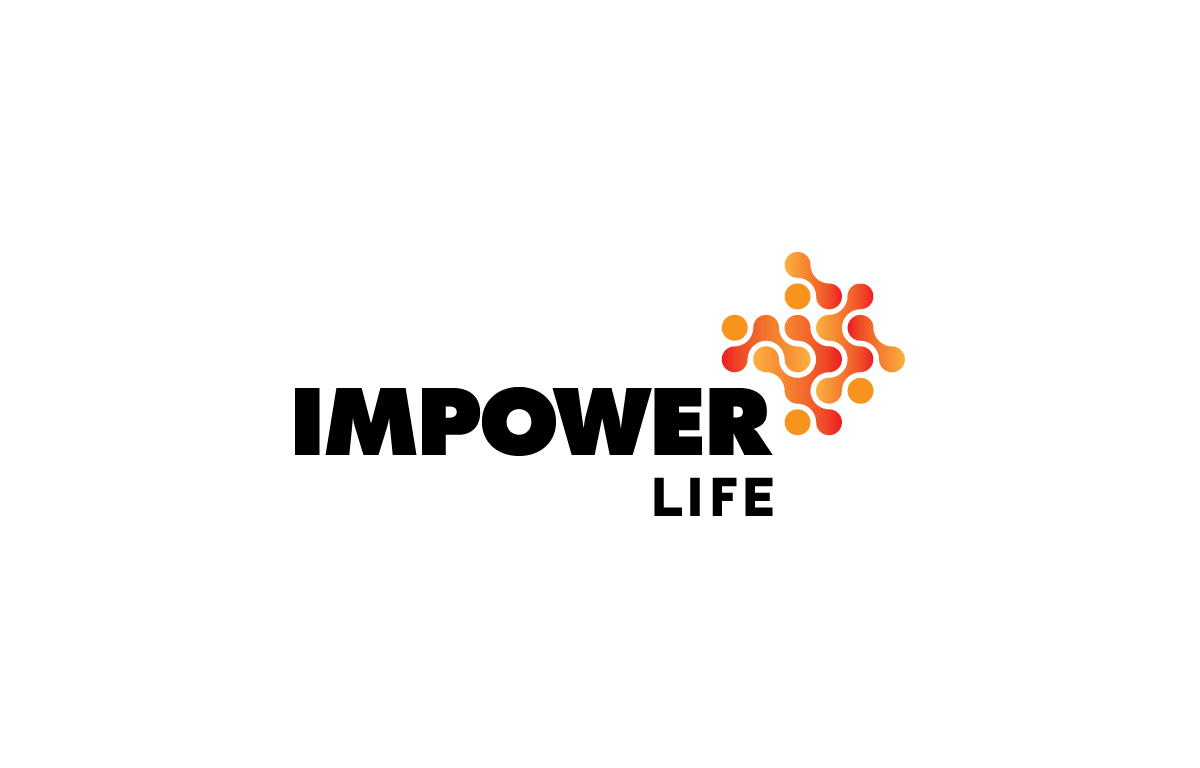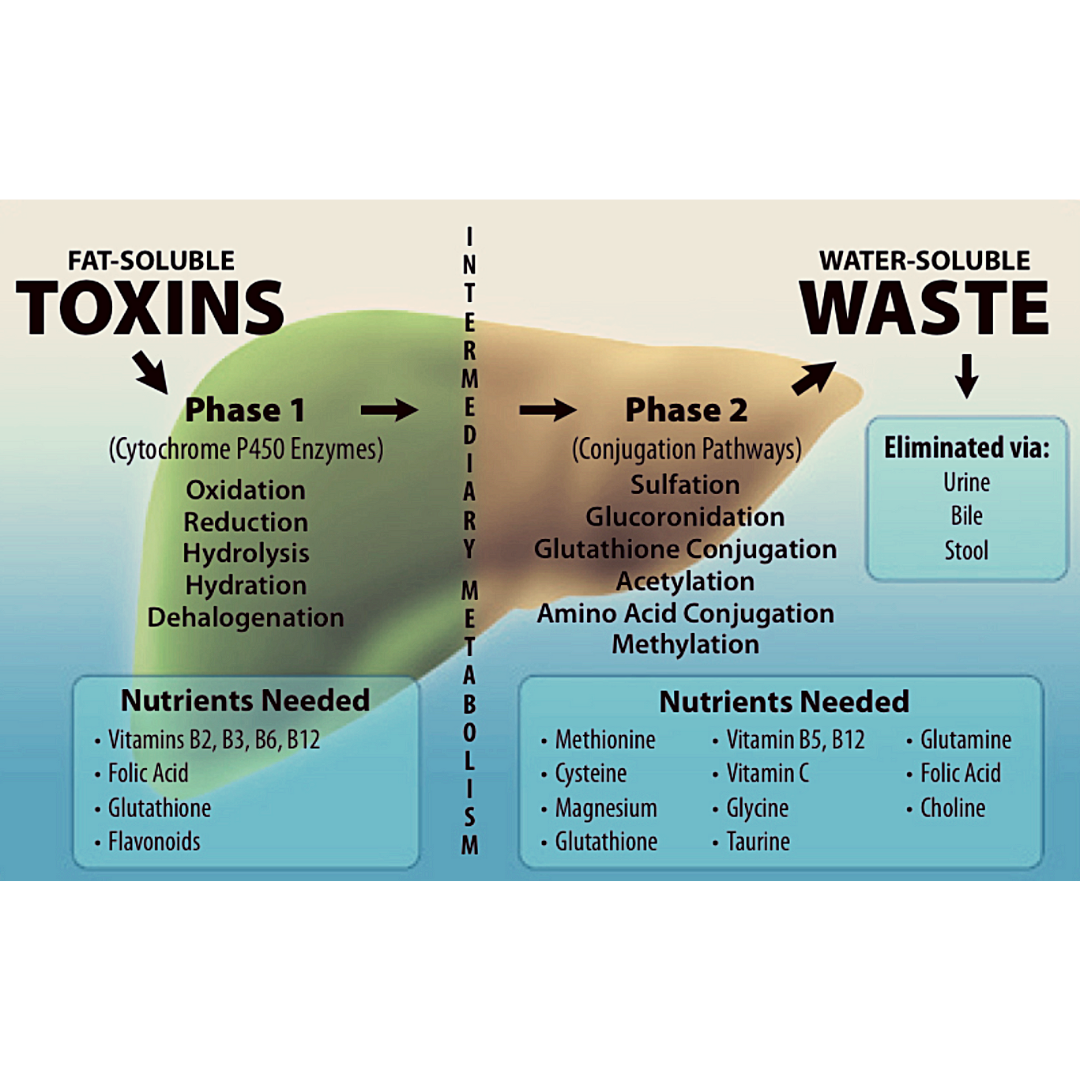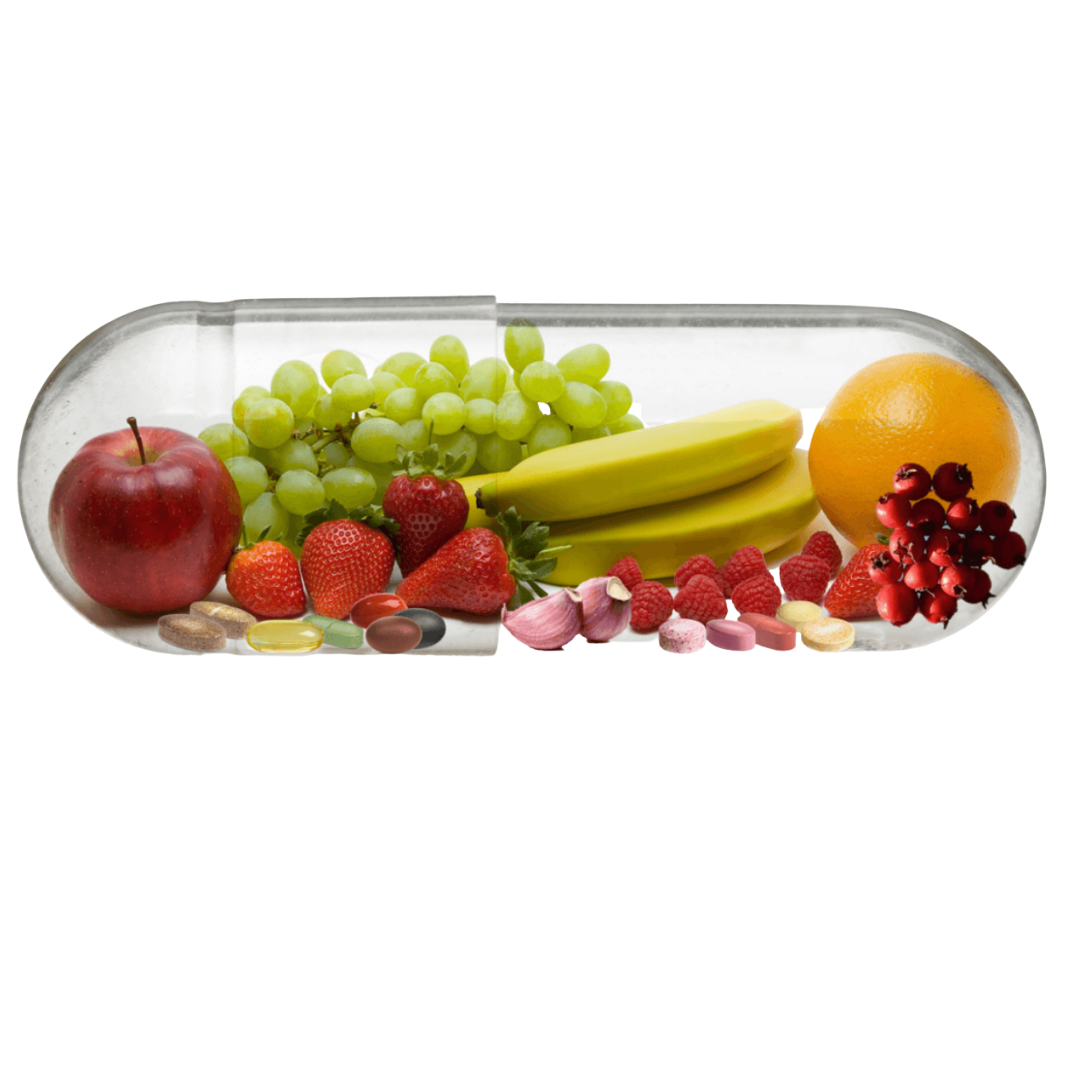HOW MUCH IS ENOUGH?
I just realized that I've been getting the same question for a while and I hadn't written an answer yet so, here goes.
How much protein should I take?
How much Amino Pro should I take to boost my protein intake?
How much Amino Pro replaces regular protein sources?
What if I'm a vegetarian or vegan?
Well let's talk about how much you protein is a good starting point. I recommend to start with 1g per pound of body weight or 2 grams per kilo of body weight, although it could be above or below this range depending on your age, sex, and activity level.
At a recent Protein Summit reported on in AJCN they suggest that even though as little as 0.36g/lb of body weight (0.72g/kg) from protein might be enough but that 2-3 times that “is a safe and good range to aim for.”
The potential benefits of higher protein intake, include preserving muscle strength despite aging and maintaining a lean, fat-burning physique. Some studies described in the summit reports suggest that protein is more effective if you space it out over the day’s meals and snacks, rather than getting the bulk of it in a single meal as is common.
Now here's kicker #1, most of us are trying to heal something all the time whether we know it or not. Just remember we are constantly fighting off disease, parasites, fungal, viral and bacterial infections, as well as cancer. All of which requires a high metabolic rate and lots of "resources" i.e. protein, carbohydrates and some fats.
Kicker #2 - It also requires a healthy gut to digest it all because remember the vast majority of your protein is lost as ammonia as the protein is digested into amino acids.
Then there is kicker #3 - liver function. Unless you live under a rock you've been bombarded by "Liver detoxes" - all of which a pure marketing BS.
How can I say that so confidently? Well it's easy, the liver is the detox organ of the body and it basically requires amino acids and B vitamins to remove toxins from the body.
Out of the hundreds of functions your liver performs, ensuring toxins are safely removed from your blood is one of its most critical jobs. Toxins enter your body when you are exposed to harmful substances like pesticides, but they also result from normal digestion. As mentioned previously an example is when your body digests protein, ammonia is released and your liver converts it into the less toxic substance called urea that is eliminated through your urine. Any wastes your liver cannot use are converted and either carried out by bile into your small intestine or carried by the blood to your kidneys.
As you can see in the image above your liver detoxifies harmful substances in two steps. The first step uses enzymes and oxygen to burn toxins. The second detox step (packaging) combines partially processed toxins with sulfur or amino acids so they can be removed through bile or urine.
It's important for both steps of the detoxification process to be in balance, with enough nutrition for each step to work. If toxins aren't broken down fast enough during the first step, they are recirculated through your blood until the liver has the material it needs to handle them.
On the other hand, if toxins are broken down quickly in the first stage, but the packaging in the second stage isn't able to keep up (i.e. not enough amino acids), the partially-processed toxins build up in your body. These free radicals can do more harm than the original toxins. When you're exposed to a heavy load of toxins through the environment or diet, especially over a long period of time, the nutrients needed for the second stage can become exhausted, preventing your liver from handling the load.
Your liver also breaks down or deactivates certain hormones - like insulin, estrogen and cortisol, the stress hormone - and clears them from your blood. Your liver also converts Vitamin D, which is actually considered a hormone, into a more useable form that activates the immune system, supports calcium absorption and other crucial functions.
So as you can see liver function is CRITICAL to health and sufficient amino acids are CRITICAL to liver health. Liver function equals easier weight loss, weight management, muscle gain, brain health, etc. As you have also no doubt surmised poor gut health or function means less protein for your liver to do it's work, hence reducing ammonia in the gut can help the gut heal and return to normal function.
How does Amino Pro® compare to some common proteins?
And now what you've been waiting for, let's see how Amino Pro® compares to some common proteins.
6 caps of Amino Pro® is just over 3G of pure protein in amino acid form, and as it's pure amino acids it doesn't need to be digested. So it's nearly 100% utilizable.
The humble yet amazing Egg is the best whole protein BUT we lose about 55% in the conversion process to ammonia. So 6 caps is just over 3 grams, and a whole egg is about 6 grams @45% protein retention i.e 3g - so 6 caps equals about one egg.
Dairy we lose about 70% to ammonia. 6 capsules is still 3 grams, and 1.3 cups of skim milk is about 10 grams @30% protein retention so back to about 3g. Therefore 6 caps equals 1.3 cups of skim milk.
Meat/fish/poultry we lose about 75% to ammonia. Now we need 12g of meat/fish/poultry (e.g. 1.4 oz of Rib eye steak) @25% to get about 3g of protein retention - Again equalling 6 caps of Amino Pro®.
**Remember poultry and pork are high in PUFA which suppresses metabolism and a whole host of unhealthy outcomes so they should be limited to once a week consumption.Plant proteins we lose >85%. Now due to the poor conversion rate this is where Amino Pro® really shines. Here we need 18g of plant proteins @15% protein retention to get 3g of usable protein, which also equals 6 caps of Amino Pro®.
So using the above examples
10g of dairy protein = 1.3 cups of skim milk = 6 capsules of Amino Pro®
12g of meat/fish/poultry = 1.4 oz of rib eye steak = 6 capsules of Amino Pro®
18g of plant protein = 410g of cooked quinoa = 6 capsules of Amino Pro®
What about cost comparison?
At regular price 1800 caps is $199 (300 servings of 6 capsules) or $0.66/serving
Here where we live in Canada, 1.3 cups of skim milk cost about $0.50, 1.4 oz of rib eye is $2.275, and 410g of quinoa bought in bulk is $5.28.
What do these foods cost where you live? Share with us in the comments below…





